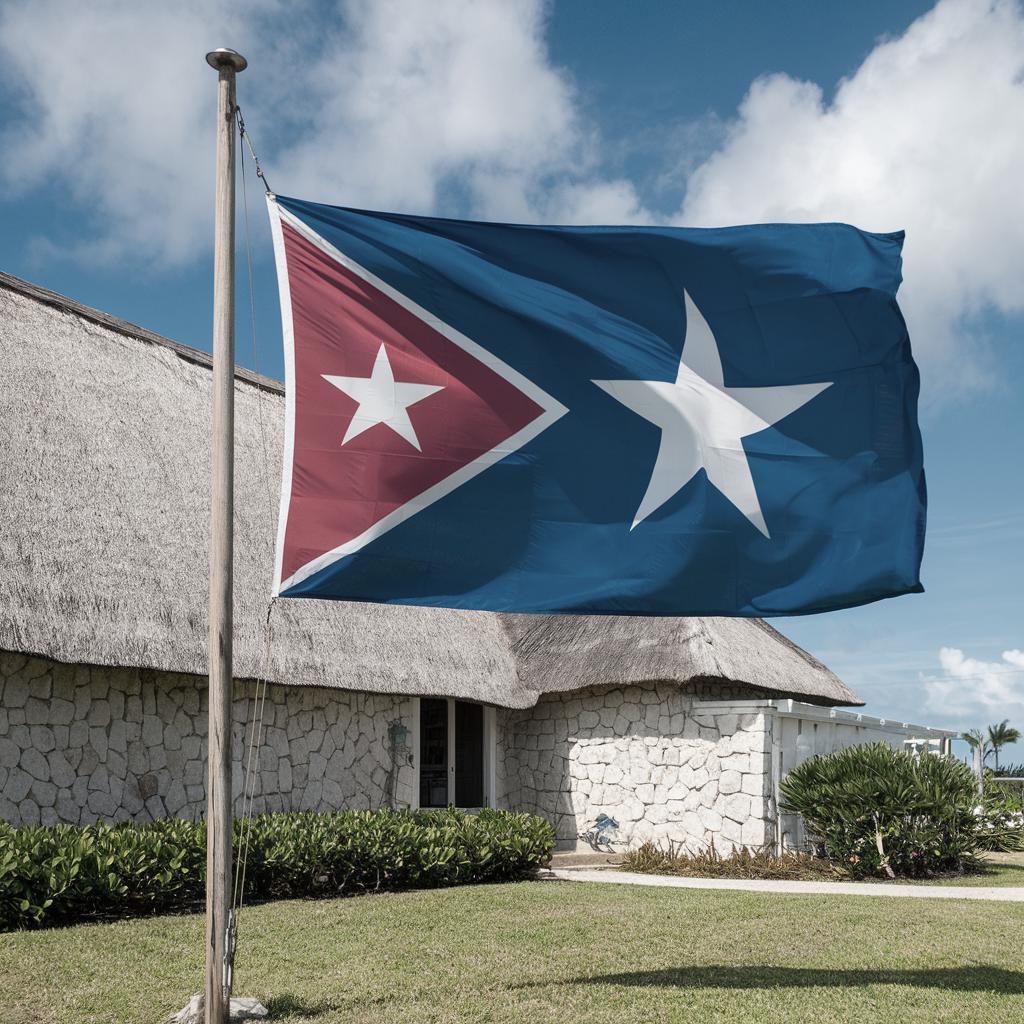Contents
-
Introduction
-
Trusts Terminology
-
Cayman Trusts Law
-
Common Types of Cayman Trusts
-
Typical Features of Cayman Trusts
-
Practical Uses of Trusts
-
Lessons Learned
-
Key Contacts 主要联系人
Introduction
The Cayman Islands, known for their tropical allure and financial acumen, play a pivotal role in international trust law. This blog post delves into the intricacies of Cayman Islands trusts, offering a comprehensive look at their legal framework, common types, and practical applications. Designed for both enthusiasts and professionals, this article aims to elucidate the terminology and features unique to Cayman trusts while highlighting their strategic benefits in wealth management and estate planning. Whether you’re exploring options for asset protection or seeking efficient ways to manage family wealth, understanding Cayman Islands trusts is essential. Dive into this exploration of provisions, benefits, and strategic uses to see how they can play a significant role in global financial planning.
Trusts Terminology
Understanding the terminology associated with trusts is crucial for navigating the legal and practical implications of this financial tool. At its core, a trust involves a settlor transferring assets to a trustee, who manages them on behalf of beneficiaries. The settlor is the individual or entity that establishes the trust, transferring ownership of certain assets with the intention that they be managed for the advantage of the beneficiaries.
The trustee plays a key role, with a fiduciary duty to administer the trust in accordance with the settlor’s wishes as documented in the trust deed. Beneficiaries are the individuals or entities entitled to benefit from the trust’s assets or income. The trust deed, therefore, is the document that establishes the trust and lays out the rules under which it will operate. In this context, terms like ‘discretionary trust’ and ‘fixed trust’ emerge, describing whether trustees have control over the distribution of assets or if they must adhere to an established schedule.
Cayman Trusts Law
The legal framework governing trusts in the Cayman Islands is renowned for its flexibility and robustness, making it an attractive jurisdiction for establishing trusts. The primary legislation is the Trusts Law (2020 Revision), which outlines the powers and duties of trustees, settlor rights, and the overall structure for trust operations. This law provides a solid foundation while allowing the terms of the trust deed to shape the specifics of individual trust arrangements.
One compelling feature of Cayman trust law is the reserved powers legislation, enabling settlors to retain certain rights or powers without compromising the trust’s validity. This flexibility ensures that trusts can be tailored to meet unique needs, offering high levels of control alongside robust asset protection. Additionally, the confidentiality provisions safeguard the privacy of settlors and beneficiaries, enhancing the jurisdiction’s appeal.
Common Types of Cayman Trusts
Cayman trusts come in various forms catering to different needs and objectives. One popular type is the discretionary trust, where trustees have the authority to decide how the trust’s income or assets are distributed among the beneficiaries. This offers flexibility and enables the trust to adjust to changing circumstances or beneficiary needs over time.
Another common structure is the fixed interest trust, in which the beneficiaries have predetermined rights to the trust’s assets or income. In addition, Cayman Islands offer specialized trusts like charitable trusts, focusing on philanthropic goals, and STAR trusts, which allow for non-charitable purposes by separating beneficiaries’ rights from the purpose of the trust.
Typical Features of Cayman Trusts
Cayman trusts are characterized by their adaptability and the strategic advantages they offer. One notable feature is the provision for reserved powers, permitting settlors to maintain influence over the trust by retaining specific rights. This can include the power to remove trustees or amend the trust deed, allowing for significant control without undermining the trust’s validity.
Another important feature is the asset protection afforded by Cayman trusts. Assets held in trust are safeguarded against creditors and legal claims, providing reassurance for those seeking to shield their wealth. Additionally, the confidentiality guaranteed under Cayman law ensures privacy for settlors and beneficiaries, further enhancing the jurisdiction’s appeal as a trust destination.
Practical Uses of Trusts
Trusts in the Cayman Islands serve a multitude of practical uses, beneficial for individuals and corporations alike. For families, they offer an excellent vehicle for succession planning, ensuring a seamless transfer of wealth across generations. By designating beneficiaries and setting terms for distribution, trusts can alleviate potential conflicts and provide clarity.
For corporations and investors, Cayman trusts offer strategies for asset management and tax planning. Trusts can be employed to hold shares, manage real estate, or even operate as part of a broader tax efficiency strategy. The advantages of confidentiality, asset protection, and the ability to customize trust terms make Cayman trusts a pivotal component of comprehensive financial planning.
Lessons Learned
| Aspect | Details |
|---|---|
| Terminology | Key elements include settlor, trustee, beneficiaries, and the trust deed, outlining the foundation of trust structure. |
| Legal Framework | The Trusts Law (2020 Revision) supports flexibility and privacy, with strong provisions for settlor powers and confidentiality. |
| Trust Types | Cayman trusts include discretionary, fixed interest, and specialized structures like STAR and charitable trusts. |
| Features | Adaptability, asset protection, and confidentiality are notable features enhancing the utility of Cayman trusts. |
| Practical Uses | Applications in succession planning, asset management, and tax planning make them indispensable in financial strategies. |
Key Contacts 主要联系人
For further information or assistance in establishing a Cayman trust, consider reaching out to legal professionals and trust companies specializing in this jurisdiction. They can provide tailored advice and services to meet your specific needs and ensure compliance with all legal requirements, empowering you to leverage the full potential of Cayman Islands trusts in your wealth management strategy.


